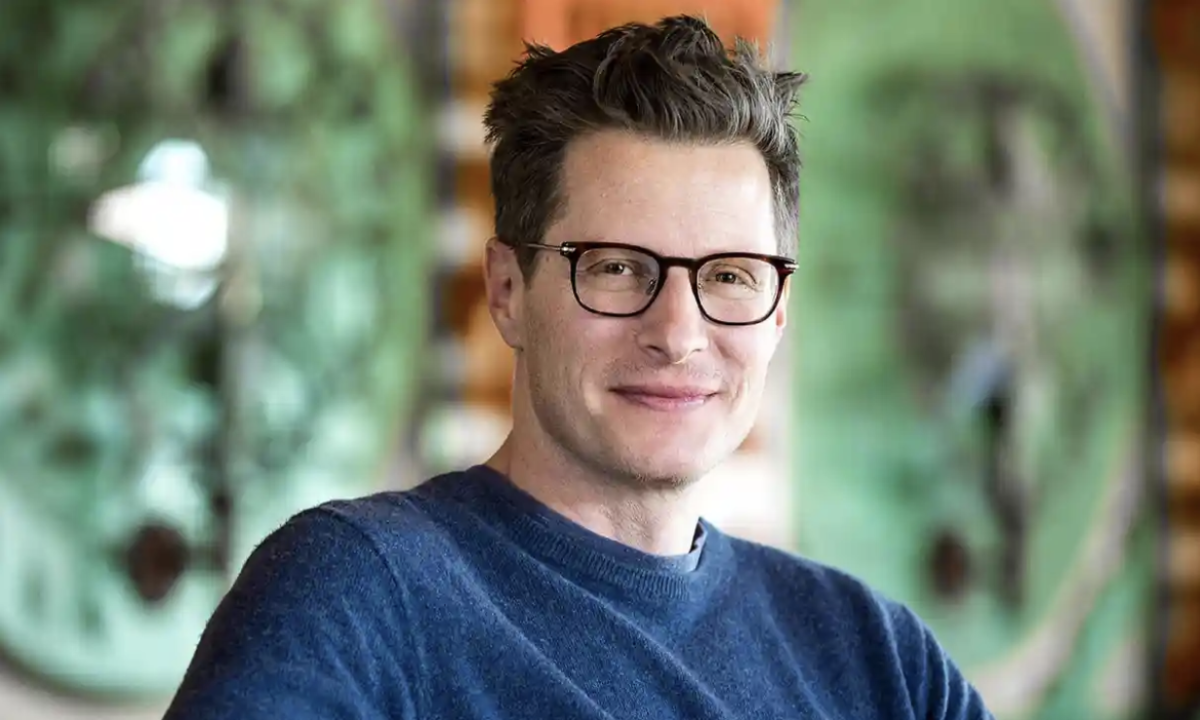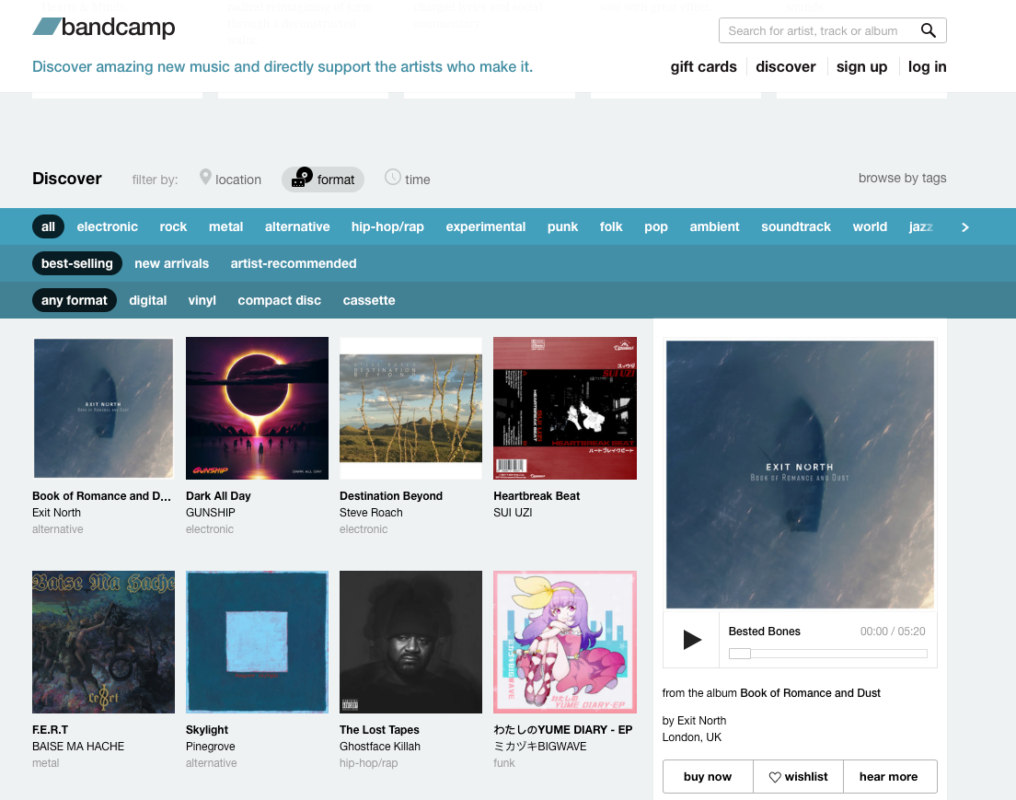Ethan Diamond’s Bandcamp, which allowed for indie artists to sell their music; became a slow-burn success in Silicon Valley. It waives fees, hosts indie artists to vapour-wave to eco grime. We look at the story of the steady rise, told by the founder himself.

The idea for Bandcamp was a medium to sell and buy indie music online. It’s like a Myspace for Independent Artists.
In it’s early years, Bandcamp was an outsider it would broadcast video game soundtracks, vapourware, sea punk and other subcultures like “furries”.
It’s also covered downloads where you can buy physical items CDs, cassettes, T-shirts and USB sticks. Earlier, in an interview with the Guardian, Ethan described the trajectory of his company as a steady incline for the last 11 years.
“The growth of the company has been almost comically steady,” he said. “This year will be the first year where there’s a noticeable change in the growth rate. The whole thing was inspiring.”
He credits this, to the sudden awareness of supporting local artists; as a result of the pandemic. Furthermore, Bandcamp announced it would waiver fees by 15% to support it’s artists.
As a result, 800,000 records on Bandcamp within 24 hours, totalling in $4.3 million of music and merchandise sold.
Soon, Bandcamp announced three more waiver days, fans spent around $7.1 million on the 1 May; with millions more spent on the 5th June.
“A lot of the independent labels waived their fees as well….They gave to food banks and other organisations,” he said.
Whilst Miles Opland, the head of Bokeh Versions to donate sales to homeless charities in Bristol, he ended up giving £2000 in total. In contrast, Band Camp has encouraged feedback from fans; it’s fans leave reviews, share their favourite songs and communicate with artists they follow.
Diamond believes this idea of ownership was crucial to Bandcamp’s success, as it creates a connection with the fans. Moreover, it listens to their needs, which is in contrast to regular streaming services.
“By doing that it makes [fans] feel like they’re part of that music’s creation,” he said.

Whilst Bandcamp may enjoy the support of artists and fans, many accuse it of having an unhealthy dominance over the under-ground music market.
One critical artist, who wishes to remain anonymous, states how the company’s use of their music for Black Lives Movement in America, is making the music market American centric.
“Bandcamp should be a tool to help artists and labels achieve an end, not the cultural statement in itself,” they said.
“What began as a liberating force is starting to fester into a rigid dead end, stifling the creative freedom of artists by indirectly and facelessly demanding they comply with the cultural standards they dictate to us.”
Nevertheless, Bandcamp continues to fulfil Diamond’s vision of music and cultural life. Diamond makes the case that music is “Is essential for humanity. If you’re serious about that, then the welfare of artists is essential,” he said.
And so, he continues the journey to make Band camp a lifeline for artists to express, create something new.
Subscribe to FIB’s Weekly Alchemy Report for your weekly dose of music, fashion and pop culture news!







